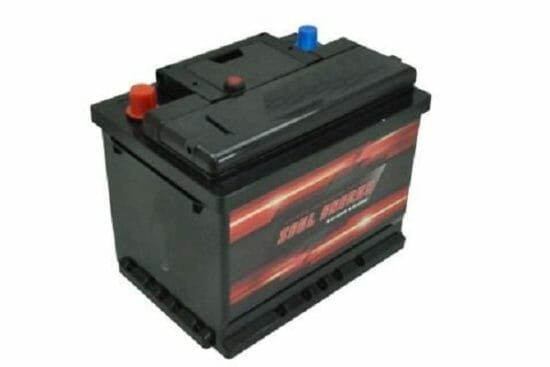No data found for Custom Course Number
No data found for Custom Course Units
Intended Audience: Electrical, Mechanical and Facility Engineers, energy auditors, operation and maintenance personnel
Credits: 6 PDH Units
Batteries are the backup power source for millions of consumer, business, medical, military, and industrial equipments worldwide. The critical applications such as computers, servers, instruments, telecommunications or life saving equipments require 100% redundancy in every aspect to ensure high degree of reliability and operation. Although the power supply is available from commercial power supply sources, any malfunction and interruption of the utility power can be detrimental to the critical operations of the facility. Consistent and reliable performance of batteries is thus critical to smooth functioning of modern equipments. In the United States battery replacement is a 17 billion dollar market. Around 75% of these “starting”, “power”, “stand-by”, “industrial”, “marine” and all types of lead-acid batteries have stopped working prematurely, due to inadequate maintenance, while the remaining 25% is due to mechanical failures. The number one cause of reduced lifespan and output capacity is attributed to “over sulfation” caused due to crystallization when a battery cell is under charged and overheat resulting from over charging. Ongoing maintenance of batteries is thus very important. This course provides basic engineering guidance in operation, maintenance, diagnostics, and testing of Lead – acid and Ni-Cad batteries down to individual battery cell level. The course materials are based entirely on the Unified States Department of the Interior, Facilities Instructions, Standards, and Techniques Volume 3-6 “Storage Battery Maintenance and Principles” published by the Unites States Department of the Interior, Bureau of Reclamation. This course is applicable to all electrical, mechanical and facility engineers, energy auditors, operation and maintenance personnel responsible for power provision at your organization.
Learning Objectives:
At the successful conclusion of this course, you will learn the following knowledge and skills:- Principles and characteristics of Lead-acid, VRLA and Ni-Cad batteries
- Importance of float charge, initial charge and equalizing charge
- Affect of undercharging and over discharge of batteries
- Importance of voltage and specific gravity readings at appropriate temperature correction
- Sedimentation, water replacement rate and constant voltage charging
- Battery life for different types and services
- Internal shorts, connection resistance
- Causes and elimination of over sulfation
- Acceptance testing and inspection guidelines
- Capacity tests to determine replacement
- Summary of battery troubles and recommended actions
- Type of electrolyte, levels and general care
- Batteries for microwave and VHF radio equipment
- Battery safety, explosive and safety hazard ventilation
- Battery charging equipment, motor generator sets and static rectifier chargers
Course Reviews
3.5
- 5 stars1
- 4 stars0
- 3 stars0
- 2 stars1
- 1 stars0
Once completed, your order and certificate of completion will be available in your profile when you’re logged in to the site.











Course is very old material and should be updated with new battery technologies like Lithium Polymer type batteries
Definitely learned a lot.
Thank you